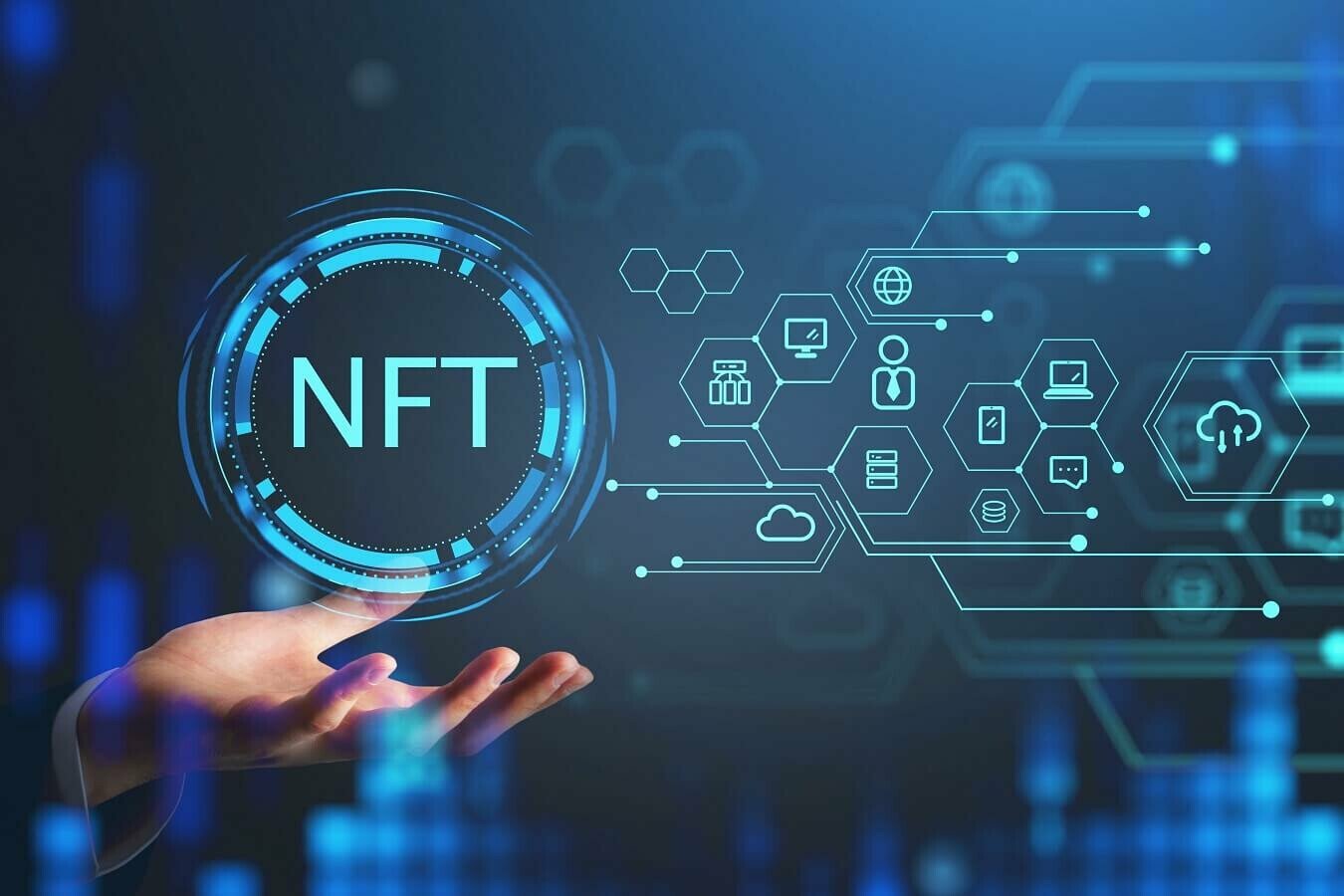The NFT market is experiencing a tumultuous droop, with tensions rising between merchants and creators of digital collectibles rising amid controversy surrounding royalties.
This friction has resulted from the current determination by prime NFT exchanges, together with Blur and OpenSea, to minimize royalty charges paid to artists when a token’s possession adjustments.
The explanation behind the transfer is that decrease prices will incentivize extra shopping for and promoting in a market that has seen buying and selling volumes plummet by 95% from $17 billion in January 2022, based on a current report from Bloomberg.
Royalties, which reached a peak of $269 million in January, have since dwindled to only $4.3 million in July, because the charges paid fell from as a lot as 5% per transaction to a meager 0.6%.
This important drop in artist earnings might doubtlessly discourage new work, additional stagnating a market that has already skilled a major downturn.
The NFT market loved a profitable interval from August 2021 to Could 2022, with cumulative month-to-month royalties reaching $1.5 billion, largely fueled by the recognition of collections like Yuga Labs Inc.’s Bored Ape Yacht Membership.
Nonetheless, because the market started to say no as a result of waning results of pandemic-era stimulus, creator payouts suffered.
The introduction of Blur in October triggered a major disruption within the NFT market.
The platform incentivized buying and selling by decreasing royalty charges, rapidly capturing over 70% of every day quantity on the Ethereum blockchain, based on a Dune Analytics dashboard.
This transfer put stress on the beforehand dominant OpenSea platform to comply with swimsuit.
“With the launch of Blur, NFTs became progressively more financialized,” famous Ally Zach, a analysis analyst at Messari.
The NFT Royalities Dilemma
Some consultants advocate for embedding royalty charges instantly into the software program governing NFTs, somewhat than permitting exchanges to regulate them as variable variables.
Marketplaces like SuperRare and Artwork Blocks implement these payouts.
“As with all things in web3, rules must ultimately always be governed through code, not through hoping social norms will be enough,” stated Chris Akhavan, chief gaming officer at NFT market Magic Eden.
Shiva Rajaraman, Chief Enterprise Officer of OpenSea, highlighted the necessity to discover new alternatives for creators to have interaction with their communities and make a dwelling past conventional creator charges in an interview with Bloomberg.
He prompt linking NFTs to merchandise gross sales as a possible supply of earnings for artists.
Nonetheless, artist Matt Kane, whose Proper Place & Proper Time NFT offered for over $100,000 in 2020, warned {that a} decline in creator engagement, ensuing from diminished high quality and variety of NFTs, would outweigh any momentary surge in buying and selling volumes ensuing from decrease transaction prices.
Kane shared that lots of his collectors are patrons of the humanities who manually ship him further royalties after transacting on non-enforcing platforms.
Nonetheless, not all collectors share this sentiment.
“One promise of this technology is moving us into a non-zero-sum economy, where one person’s win is the win of the many,” Kane stated.
“Right now, we’re going backwards to zero-sum, where one person’s win is another’s loss.”


